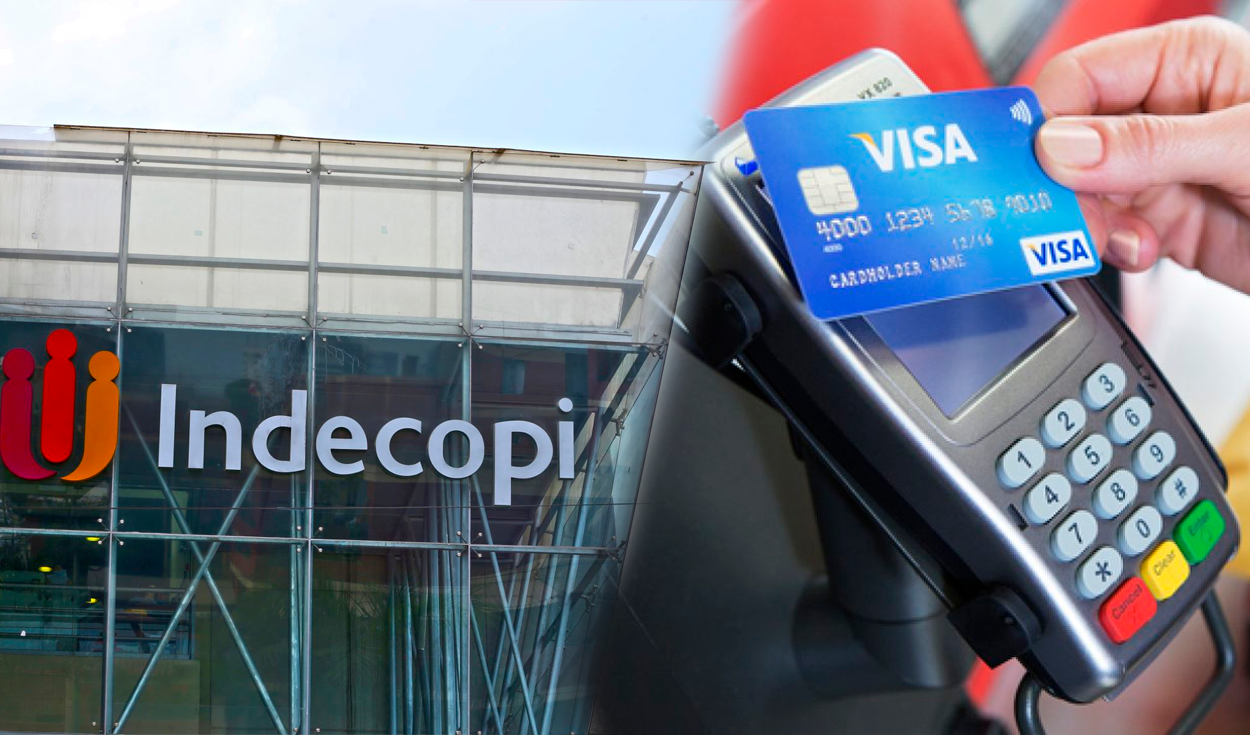
The complaint was filed by Ebanx Perú SAC against Visa International Service Association and Visa International Peru SRL for the implementation of a ‘pilot program’ with new rules that could exclude it from the market.
Indecopi reported that it has started a disciplinary administrative proceeding against Visa International Service Association and Visa Internatonal Peru SRL (jointly Visa) due to the existence of reasonable indications of conduct of abuse of a dominant position in the market for access to payment card networks and other networks or platforms of means of payment in Peru, which are sued by economic agents to offer collection agent services or domestic location or ‘cross border’ to foreign businesses.
In this sense, the entity explained that Through Resolution 013-2023/DLC-INDECOPI, of February 24, 2023, the National Directorate of Investigation and
Promotion of Free Competition decided to initiate an administrative sanction procedure against Visa for the alleged performance of an act of abuse of a dominant position that would prevent or hinder the access or permanence of current or potential competitors in the market for reasons other than greater economic efficiency.consisting of the implementation of the Expanded Merchant Location Pilot Program (EMLP Program), which would have affected the market for payment acceptance services demanded by foreign businesses that offer products or services in Peru.
“The imputed infraction is typified in articles 1, 10.1 and literal h) of article 10.2 of the Single Ordered Text of the Law for the Repression of Anti-Competitive Conduct (Free Competition Law) and is subject to a relative prohibition, in accordance with the provisions of article 10.4 of the aforementioned regulation. The complaint was filed by the company Ebanx Perú SAC (Ebanx),” says Indecopi.
Different types of agents participate in the card payment services market in Peru: (i) licensees or card brands, which are in charge of developing and managing a payment platform or network, providing a set of rules and the infrastructure on which transactions are processed; (i) businesses that offer goods or services in the market (physically or virtually and may or may not be domiciled in Peru) and
consumers or cardholders, who acquire said goods or services through payment cards; (iii) issuers, who are in charge of issuing payment cards to cardholders, and may be related to their own brand or to an international brand, and need to contract with a licensee to issue their card; and (iv) the acquirers and international collection agents, who are in charge of affiliating businesses to accept payment cards in their transactions. Within the latter, the acquirers need to contract with a licensee to be able to provide the payment acceptance service for their brand of card, while the international collection agents contract with the acquirers the connection to the network of the brands with which they are licensed.
Within this scheme, Indecopi indicates that Visa acts as licensee or brand of cards, managing the Visa brand, on which issuers, acquirers and collection agents depend to carry out their operations. For its part, the complainant, Ebanx, works as an international collection agent, whose business is based on offering foreign businesses the service of accepting payments in Peru, through payment cards or other means of payment.
In relation to the denounced conduct, in order for a business located abroad to receive its income from Visa cardholder consumers located in Peru, it can choose between two mechanisms. The first is through the ‘cross border’ mechanism, in which a foreign business contracts the payment acceptance service with an international acquirer or collection agent also located abroad. Under this system, developed by Visa, transactions are understood to be carried out abroad and are processed in foreign currency.
The second mechanism is called ‘domestic location’, in which the foreign merchant contracts the payment acceptance service with an international collection agent located in Peru (such as Ebanx), which will be in charge of collecting, on behalf of the foreign merchant. , the payments made by Peruvian consumers to later transfer them to the bank accounts of the business abroad. In this regard, both systems could be alternative payment service mechanisms so that foreign businesses can market their goods or services in Peru and therefore, there would be an indirect competitive relationship between Visa and Ebanx.
This way, Ebanx has denounced that Visa would have incurred in an abuse of a dominant position due to the implementation of the EMLP Program, through which Visa would be subjecting to new rules the transactions that involve a business located outside the jurisdiction of the Peruvian acquirer. This would have generated an increase in the fees that international collection agents such as Ebanx would have to pay to access the Visa cardholder network. Such increases could have a foreclosure effect on these agents, since they would potentially prevent them from continuing to provide this service, excluding them from the market. With the potential exclusion of Ebanx from the market due to the increase in the cost of its main input (access to the Visa network), Visa would be favoring the use of the ‘cross border’ system.
“It should be noted that the initiation of this administrative sanctioning procedure is based on the existence of reasonable indications about the performance of an alleged anti-competitive practice and does not constitute a prejudgment of the responsibility of those investigated or the result of the procedure,” emphasizes Indecopi.
In accordance with the provisions of article 22.1 of the Free Competition Law, The accused legal persons have a period of 30 business days to present their defenses.
Source: Larepublica
Alia is a professional author and journalist, working at 247 news agency. She writes on various topics from economy news to general interest pieces, providing readers with relevant and informative content. With years of experience, she brings a unique perspective and in-depth analysis to her work.











